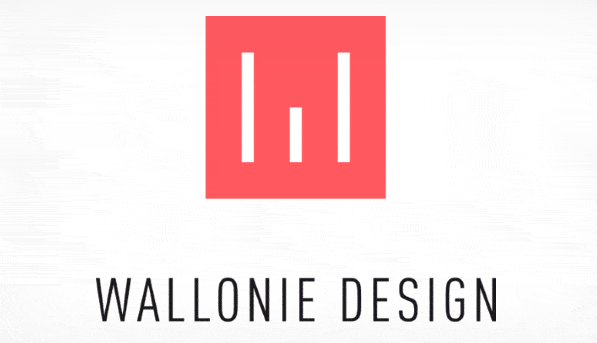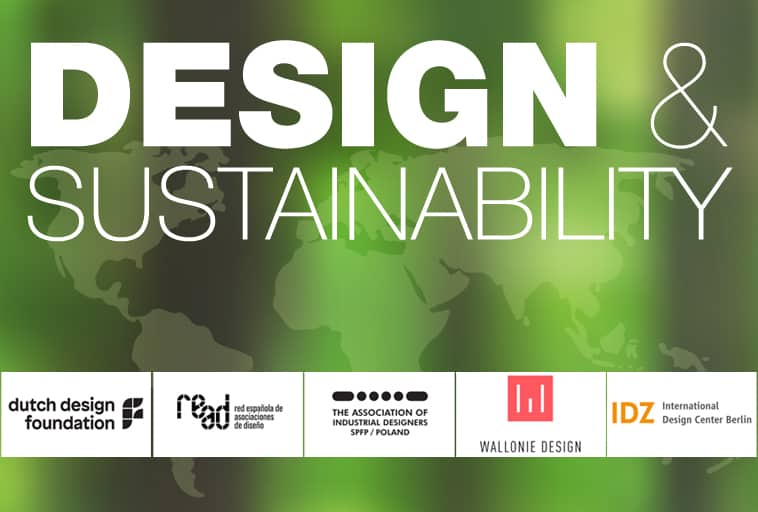
Design and sustainability
5 BEDA members tell us about their involvement on the subject.
In the past, notably at the BEDA Insight Forum in 2019, BEDA has asked its members to tell which themes they believe will have the greatest impact on design today and in the next five years.
Sustainability is globally the most quoted one, with a declination of topics such as climate change, circular economy, eco-design, all more or less related to a form of ecological transition.
In order not to stop at a poll, BEDA wanted to know more about your more concrete involvement in this very important subject. To do this, we have contacted some members in order to start a dialogue with them and extend it with you. Here’s what they told us.
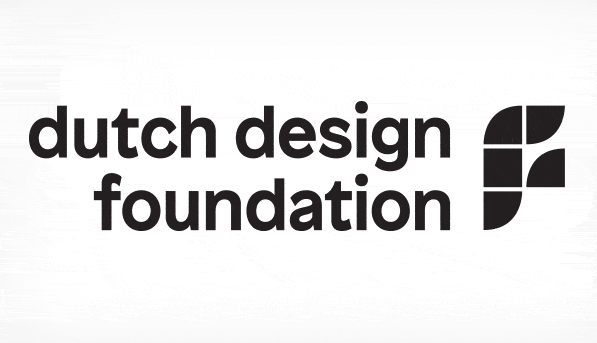 Dutch Design Foundation (The Netherlands)
Dutch Design Foundation (The Netherlands)
The Dutch Design Foundation is involved in many projects regarding design and sustainability. Among them is the Interreg NWE “Food Heroes” project. It gathers farmer associations, innovation agencies, government and creative industries in order to generate creative ideas to reduce or revalorize food waste in the beginning of the food chain (that is at farmers, food processing industry…). New collaborations have thus been initiated such as designer Doreen Westphal working with oyster mushroom grower Marielle Leenders to create innovative plant-based food concepts on basis of the waste of the mushrooms stalks.
Dutch Design Foundation is also involved in “The Embassy of Circular & Sustainable Design”. This project consists of different partnerships working on new scenario’s and concepts that enables to rethink the old and to create some new systems. Examples of this mindset are as varied as Ikea willing to be fully circular by 2030 and talking about the successes that this change implies, but also the challenges it represents ; to the Dutch Railway, NS, aiming to become circular and showing how you can reuse and recycle all parts and materials from a complete train set into new products.
Last but not least, the Dutch Design Award, which is one of Dutch Design Foundation’s major projects, also highlights sustainability in design as in 2019 when Gispen was honoured for the sofa, the Sett CE, that this Dutch brand furniture created out of recyclable materials for 95% of it, amongst which the plastic waste of the company itself.
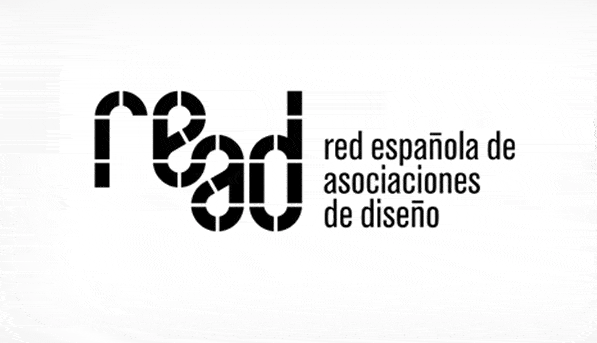 READ – Red Española de Asociaciones de Diseño (Spain)
READ – Red Española de Asociaciones de Diseño (Spain)
READ, the Spanish Network of Design Associations, has a long-standing focus on design and sustainability. In 2017, Emma Fromberg, University of Cambridge Institute for Sustainability Leadership, Ellen McArthur Foundation, opened READ 6th Assembly in Valencia. In 2018, the READ 7th Assembly invited Nicola Cerantola to give a lecture on eco-design and the circular economy. This moment was designed as an ‘eco-event’, as will be the next one on 17, 18 and 19 September 2020, in Murcia.
READ represents different Spanish Design Associations that are active in their own territories on the subject of the circular economy. For example, DIP (Asociación de Profesionales del Diseño y la Comunicación Publicitaria de la Región de Murcia) held a workshop on Design for the Circular Economy in March 2019. ADCV (Asociación de Diseñadores de la Comunidad Valenciana) organised a two-day Forum on Circular Economy and Design in November 2019 with international speakers, sponsored by the Valencian Innovation Agency.
The Spanish designers and design managers are also aware of their potential impact on climate change. Therefore in 2019, the Ministry of Science and Innovation invited five Spanish designers and design managers to debate the contribution of design against climate change, in the framework of the 2019 Climate Change Conference in Madrid.
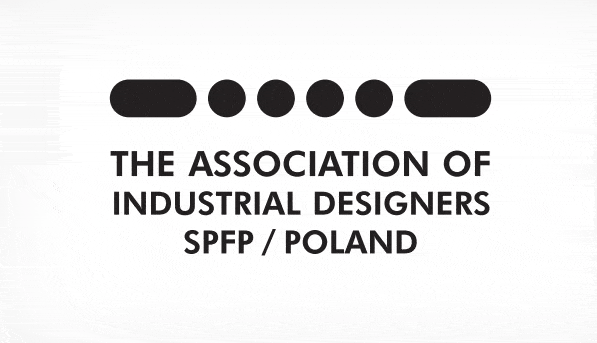 SPFP – Stowarzyszenie Projektantów Form Przemysłowych (Poland)
SPFP – Stowarzyszenie Projektantów Form Przemysłowych (Poland)
Though SPFP, the Association of Industrial Designers in Poland, has not been recently involved, as an organisation, in specific activities related to sustainability, its Board is aware of its importance and its members are active to face challenges linked to that matter.
To cite just a few examples, we can speak of Daniel Zieliński (Designer, University teacher and President of SPFP) who worked on the design of an electric bus charger system for the firm Medcom and on Agreus, a crop monitoring system based on wireless, solar powered sensors that measure environmental parameters such as temperature, lighting, pressure, wind, soil moisture…, coupled with irrigation, lighting, temperature control, for the firm Inventia.
Another example is the design studio INNO+NPD which has worked on a “Smart Power Station”, that is a transformer station with energy storage, connections to renewable energy sources and chargers for electric vehicles, for the firm ZPUE.
Some collaborations also involved universities and renowned brands. It is the case of the Design Faculty of the Academy of Fine Arts in Warsaw which cooperated with Danone to look for an alternative to their disposable plastic packaging, but also with Habitat for Humanity ReStore to help them to launch a store of “recycled” furniture and to define concepts for educational workshops. Some specific modules related to sustainability are integrated into the curriculum of the Design Faculty.
Wallonie Design believes designers play a major role in the circular economy. This design promotion organisation is currently involved in an Interreg Euregio Meuse Rhine project called STREAM, that focuses on circular materials.
The depletion of natural resources calls for a mind shift towards circular economy and the use of sustainable materials. This circular economy will offer new business opportunities, innovative methods for product development and product design. However, consumers have become accustomed to a very high level of perfection with products made from petrochemical-based materials. Wallonie Design and its STREAM partners therefore believe that designers play a key role in creating innovative use of new circular materials in order to transform them into functional and consumer-accepted products.
The STREAM project strongly relies on interdisciplinary collaborations. During this three-year-project, SMEs within the Euregio will explore the different possibilities of transformation of their residual flows into new circular and sustainable materials and products, through the cooperation between technology, design and business experts.
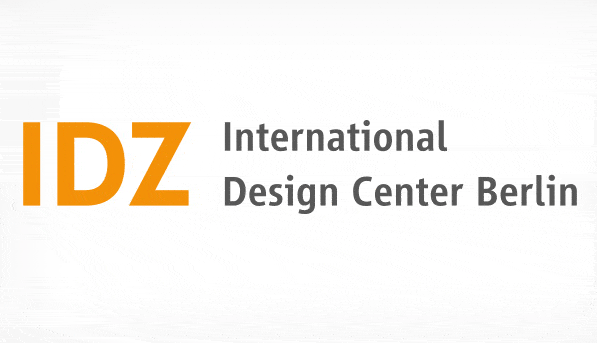 IDZ – Internationale Design Zentrum Berlin (Germany)
IDZ – Internationale Design Zentrum Berlin (Germany)
IDZ, the International Design Center Berlin, is also active in projects that combine design and sustainability. In addition to being one of the initiators of the Federal Ecodesign Award, IDZ has also been involved in the EcoDesign Circle, an Interreg BSR that is now extended into EcoDesign Circle 4.0.
On the one hand, there is big interest and a certain necessity to empower designers to use tools that facilitate circular economy. On the other hand, there are experts who have in-depth knowledge of these tools. That is why the EcoDesign Circle project and its 4.0 extension act as a disseminator spreading this knowledge among designers.
The first project EcoDesign Circle set up an ecodesign learning factory and an ecodesign audit and sprint consultancy which increased the competences of design centres, industrial designers and companies to develop circular products. Thus, within three years, the different partners hosted exhibitions and workshops, offered consulting and education programs, and created competence networks.
The second project, EcoDesign Circle 4.0, goes beyond products by targeting services for a circular economy (e.g. car-sharing) and spreads the knowledge gained in a train the trainer package.
Among other tasks, the partners will work on the further development and promotion of the tools and workshop that have been developed and intended for both designers and environmental experts who want to deepen their knowledge.
What about you?
Is your organisation also involved in projects that demonstrate the potential impact of design to support sustainability and address the challenges of environmental change? If so, please let us know so that we can carry on the dialogue between members on the matter.
Cyrielle Doutrewe
Wallonie Design, Belgium
BEDA Board Member and Treasurer.

